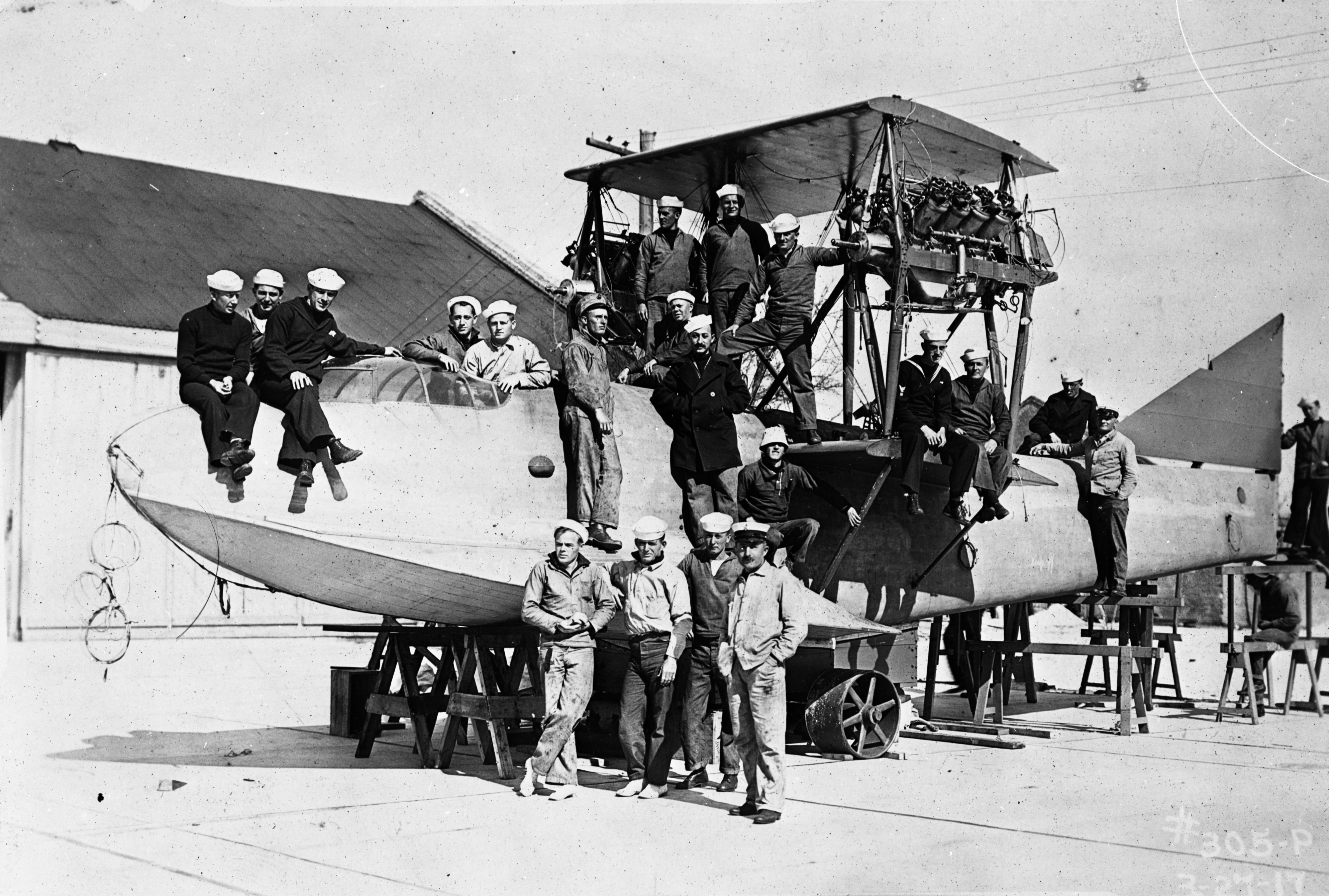Zora Neale Hurston and the WPA in Florida
Lesson Plans
Teacher's Guide for Zora Neale Hurston
Background Information
Zora Neale Hurston is most often remembered as a gifted novelist, but she was also an accomplished anthropologist and folklorist. In 1938 and 1939, during the Great Depression, Hurston worked as a folklorist and contributor to the Florida division of the Federal Writers' Project (FWP), part of the Works Progress Administration. Through her work with the FWP, Hurston captured stories, songs, traditions and histories from African-Americans in small communities across Florida, whose stories often failed to make it into the histories of that time period.
In 1939, Zora Neale Hurston arranged a recording session at the Clara White Mission in Jacksonville featuring a variety of everyday African-Americans telling stories and singing or chanting traditional music for preservation. She also sang 18 songs herself, mostly work songs and folk songs.
That same year, Hurston went to Cross City in Dixie County, Florida, to interview workers of the Aycock and Lindsay turpentine camp. Turpentine camps were isolated and known for their terrible working conditions and abuses. It was unusual for a writer to be allowed in to gather information. Hurston's essay, entitled "Turpentine," is one of the few firsthand accounts written about the lives of the turpentine workers. It traces her travels through the pine forests with an African-American “woods rider” named John McFarlin. Although Zora Neale Hurston made notes concerning some of the abuses that occurred in the camp, this essay focuses on the workday. Hurston's work on Florida’s turpentine camps is still considered authoritative.
From 1937 to 1942, Stetson Kennedy headed the Florida Writers' Project unit on folklore, oral history, and social-ethnic studies. Kennedy and Zora Neale Hurston worked together to capture the traditions, songs, tales, and anecdotes of the people of Florida.
Kennedy's introduction to A Reference Guide to Florida Folklore from the Federal WPA Deposited in the Florida Folklife Archives (Florida Division of Historical Resources, 1990) describes the work of the Federal Writers' Project in Florida. "Zora's Contributions" and "The Recording Expeditions" in particular discuss Zora Neale Hurston and their trip to the turpentine camp near Cross City.
Some Useful Questions to Ask:
- What do the recordings and documents tell us about Floridians in this time period?
- What do the recordings and documents tell us about Zora Neale Hurston?
Use to Illustrate:
- The life and work of Zora Neale Hurston.
- The Great Depression in Florida.
- The WPA in Florida.
Sunshine State Standards
- MU.4.H.2.1: Perform, listen to, and discuss music related to Florida’s history.
- SS.4.A.1.1: Analyze primary and secondary resources to identify significant individuals and events throughout Florida history.
- SS.4.A.1.2: Synthesize information related to Florida history through print and electronic media.
- SS.4.A.7.2: Summarize challenges Floridians faced during the Great Depression.
- SS.912.A.1.2: Utilize a variety of primary and secondary sources to identify author, historical significance, audience, and authenticity to understand a historical period.
- SS.912.A.1.7: Describe various socio-cultural aspects of American life including arts, artifacts, literature, education, and publications.
- SS.912.A.5.11: Examine causes, course, and consequences of the Great Depression and the New Deal.
- SS.912.A.5.12: Examine key events and people in Florida history as they relate to United States history. Examples may include, but are not limited to, Rosewood, land boom, speculation, impact of climate and natural disasters on the end of the land boom, invention of modern air conditioning in 1929, Alfred DuPont, Majorie Kinnan Rawlings, Zora Neale Hurston, James Weldon Johnson.

 Listen: The Assorted Selections Program
Listen: The Assorted Selections Program